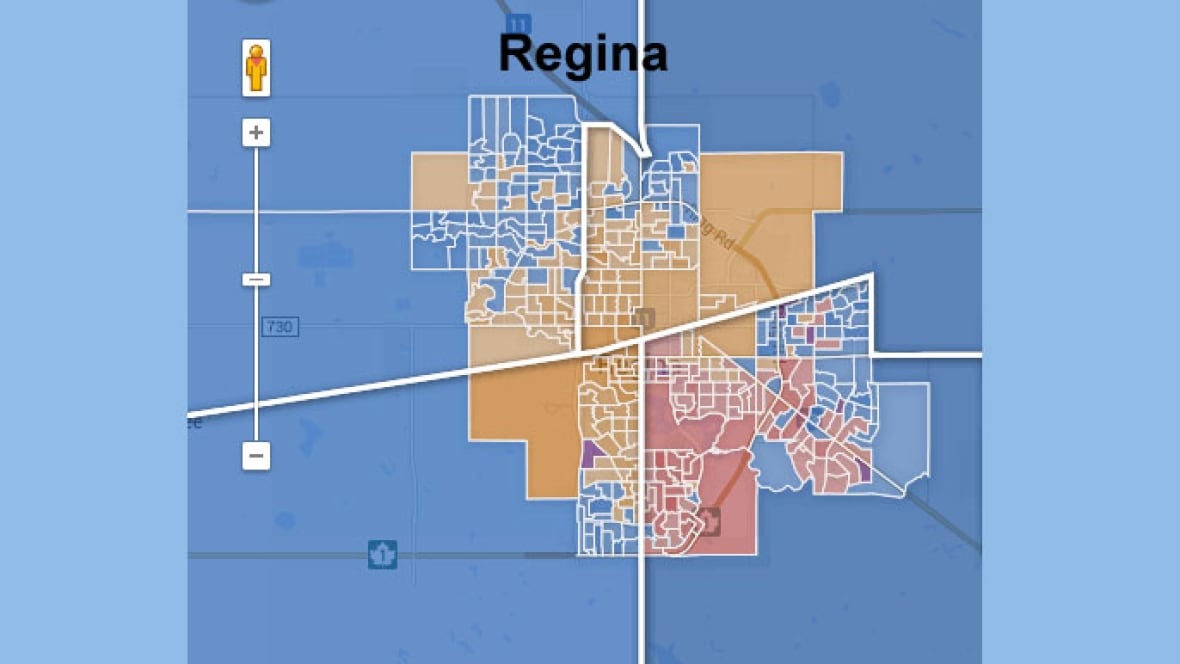Sound Perimeter: A Study Of Music's Social Impact

Table of Contents
Music as a Catalyst for Social Movements
Music has consistently served as a potent tool for social activism, acting as a voice for the voiceless and a rallying cry for change. Throughout history, protest songs have galvanized movements, fostering collective identity and mobilizing action. The Civil Rights Movement in the United States, for instance, saw the rise of powerful anthems like "We Shall Overcome," which transcended racial boundaries and fueled the struggle for equality.
- Examples of pivotal protest songs and artists:
- "Blowin' in the Wind" by Bob Dylan (anti-war movement)
- "Imagine" by John Lennon (peace activism)
- "Strange Fruit" by Billie Holiday (racial injustice)
- "Fight the Power" by Public Enemy (social justice)
Analyzing these songs reveals the strategic use of musical elements and rhetorical devices to amplify their message. Repetitive rhythms, emotionally charged melodies, and easily memorized lyrics create powerful and memorable calls to action, effectively spreading the message and uniting diverse groups under a common cause. The use of simple, direct language further ensures widespread comprehension and emotional impact.
Music's Role in Shaping Identity and Community
Music plays a crucial role in establishing and reinforcing social identities, fostering a sense of belonging within specific groups and communities. Musical genres often become intrinsically linked to particular cultures, subcultures, and ethnicities. Think of the vibrant energy of Brazilian Samba, the soulful sounds of American Blues, or the rebellious spirit of Punk Rock. Each genre acts as a powerful symbol, shaping identity and promoting a sense of shared experience among its listeners.
- Examples of music genres and associated communities:
- Hip Hop (African American and Latino communities)
- Reggae (Jamaican and Rastafarian culture)
- K-Pop (Korean youth culture and global fandom)
- Heavy Metal (rebellious youth subcultures)
The impact of music on group cohesion and social interaction is undeniable. Shared musical experiences create bonds, facilitating communication and mutual understanding. Music festivals, concerts, and even informal gatherings centered around music provide spaces for social interaction, reinforcing community identity and promoting social bonding.
The Commercialization of Music and its Social Consequences
The commercialization of music has profoundly impacted societal values, trends, and consumer behavior. The music industry, a multi-billion dollar enterprise, wields considerable influence over what music is produced, how it's marketed, and how it's consumed. The rise of streaming services like Spotify and Apple Music, while providing accessibility, has also raised ethical questions regarding artist compensation and copyright protection.
- Impacts of the music industry:
- The influence of music marketing on shaping musical trends and consumer preferences.
- The ongoing debate surrounding fair compensation for artists in the digital age.
- The ethical implications of copyright infringement and music piracy.
- The impact of music videos and visual media on shaping aesthetic trends.
The power of music marketing to influence trends and shape consumer behavior cannot be overstated. The commercialization of music, while bringing financial success to some, also raises ethical questions about the exploitation of artists and the potential for homogenization of musical styles.
Music Therapy and its Social Benefits
The therapeutic applications of music are increasingly recognized, extending its influence into social rehabilitation, mental health, and education. Music therapy utilizes music interventions to improve social and emotional well-being, fostering communication, self-expression, and social inclusion.
- Applications of music therapy:
- Assisting patients recovering from strokes or traumatic brain injuries.
- Supporting individuals struggling with mental health challenges like anxiety and depression.
- Promoting social skills development in children with autism spectrum disorder.
- Facilitating emotional expression and self-discovery in therapy sessions.
Music's capacity to evoke deep emotions and facilitate self-expression makes it a uniquely valuable tool in therapeutic settings. Its ability to foster empathy and promote social inclusion reinforces its impact on individual well-being and societal harmony.
Conclusion: Understanding the Far-Reaching Sound Perimeter of Music
This exploration of the "Sound Perimeter" reveals music's profound and multifaceted social impact. From fueling social movements and shaping identities to driving commercial trends and serving as a therapeutic tool, music's influence is pervasive and far-reaching. Understanding this "Sound Perimeter" is crucial to appreciating music's role in our lives, its power to shape our societies, and its potential to create positive social change. Delve deeper into the fascinating Sound Perimeter of music and its influence on your own community. Explore how music shapes your world! For further reading, explore resources from the National Association for Music Therapy and the International Society for Music Information Retrieval.

Featured Posts
-
 Huuhkajat Kaellmanin Maalit Ja Tulevaisuus
May 21, 2025
Huuhkajat Kaellmanin Maalit Ja Tulevaisuus
May 21, 2025 -
 Musics Reach Defining The Sound Perimeter
May 21, 2025
Musics Reach Defining The Sound Perimeter
May 21, 2025 -
 Saskatchewans Reaction To The Federal Election A Political Panel Analysis
May 21, 2025
Saskatchewans Reaction To The Federal Election A Political Panel Analysis
May 21, 2025 -
 Former Tory Councillors Wife Fights Racial Hatred Charge
May 21, 2025
Former Tory Councillors Wife Fights Racial Hatred Charge
May 21, 2025 -
 Hell City Nouvelle Brasserie Pres Du Hellfest A Clisson
May 21, 2025
Hell City Nouvelle Brasserie Pres Du Hellfest A Clisson
May 21, 2025
